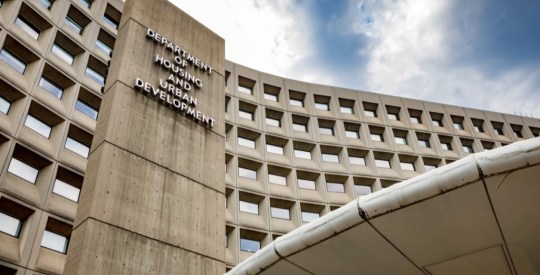The year 2012 brought to light the international London Interbank Offered Rate scandal and ongoing concerns that megabanks remain on the hook for liabilities tied to the subprime crisis.
But credit unions, which often find themselves suffering the regulatory consequences caused by larger banks, also are benefiting from some of the too-big-to-fail institutions’ failures.
Mike Schenk, vice president of economics and statistics for the Credit Union National Association, told HousingWire that credit unions “have collectively logged gains in net memberships of over 2 million in the past year (up 2%).” The increase in credit union memberships is at its highest level in 15 years and comes at a time when banks are still dealing with legacy mortgage issues and a loss in consumer confidence, Schenk said.
“The consumer backlash against the banking industry (and especially big banks) had its roots in the housing/financial crisis as it became more obvious that many if not most of the large banks saddled consumers with grossly inappropriate mortgage loans,” Schenk explained.
“The backlash intensified in 2011 when several big banks announced plans to impose excessive deposit account fees. Subsequent reports of misdeeds (such as the Libor scandal) have helped to fuel the fire of anti-bank sentiment, and credit unions are undoubtedly benefiting from all of these developments,” he added.
The Libor scandal involved accusations that international banks manipulated rates, negatively impacting the cost of borrowing on certain loan types.
A consortium of homeowners has already filed suit against Bank of America (BAC), Barclays (BCS), JPMorgan Chase (JPM)and other too-big-to-fail banks, claiming they manipulated Libor rates, causing artificial changes to the rates paid on adjustable-rate mortgages.
Schenk said the aftershock of the Libor scandal did have some impact on credit unions.
“Credit unions are not totally immune from these manipulations operationally because the manipulations can influence product pricing in the marketplace and, by extension, profitability and demand for products and services,” Schenk explained. Yet, he adds, “More broadly, credit unions were not party to any manipulation.”
But the overall picture for 2012 depicts a marketplace where credit unions are braced to attract new consumers.
“Subsequent reports of misdeeds (such as the Libor scandal) have helped to fuel the fire of anti-bank sentiment and credit unions are undoubtedly benefiting from all of these developments,” Schenk suggested.



